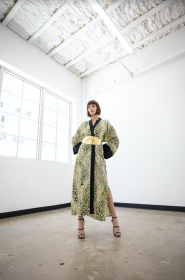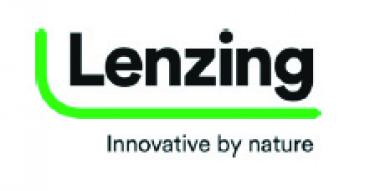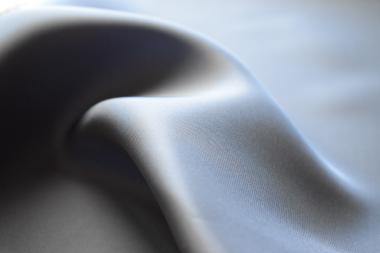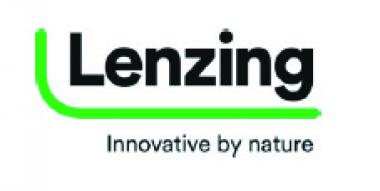Oerlikon: Less waste with the Smart Factory
A typical manmade fiber system produces well over 600 tons of yarn a day. This equals in around 700 winders in filament yarn production or 3 systems in staple fiber production. These figures show just how important smooth production processes are.
If an error creeps into the process at any point, the daily waste increases dramatically. It is obvious that all yarn manufacturers want to prevent this happening to ensure their production facilities operate efficiently. Here, digitalization provides invaluable support. A Smart Factory that networks all steps within the production chain – including all auxiliary processes – identifies and reports quality deviations at an early stage. Yarn manufacturers can quickly intervene in the production process and hence avoid generating waste.
Digital solutions ensures process reliability
And the Smart Factory is also the focus of Oerlikon Manmade Fibers. Here, it comprises considerably more than the Plant Operation Center, a system that has been well-established within the market for many years now. “This is about absolute transparency and traceability. At the end of the process, yarn manufacturers are able to track at which position its finished textured yarn packages were spun and even have information on the processed granulate and the specific production conditions”, comments Ivan Gallo, responsible for digital products at Oerlikon Manmade Fiber. In this way, the Smart Factory ensures process reliability, above all. The data are automatically entered into the system and the product assessed at each stage of yarn production at which values and data are recorded – such as during visual inspection and when weighing. In the event of anomalies in the intermediate laboratory and quality checks, this allows yarn producers to intervene in the production process and correct these anomalies.
Information on the chip feeding, on the drying and on the masterbatch are available, as are data on the climate control, on the compressed air supply and on further auxiliary systems. With this, yarn manufacturers have at all times a complete overview of the ongoing production process, including comprehensive information on quality and production costs.
Oerlikon








































